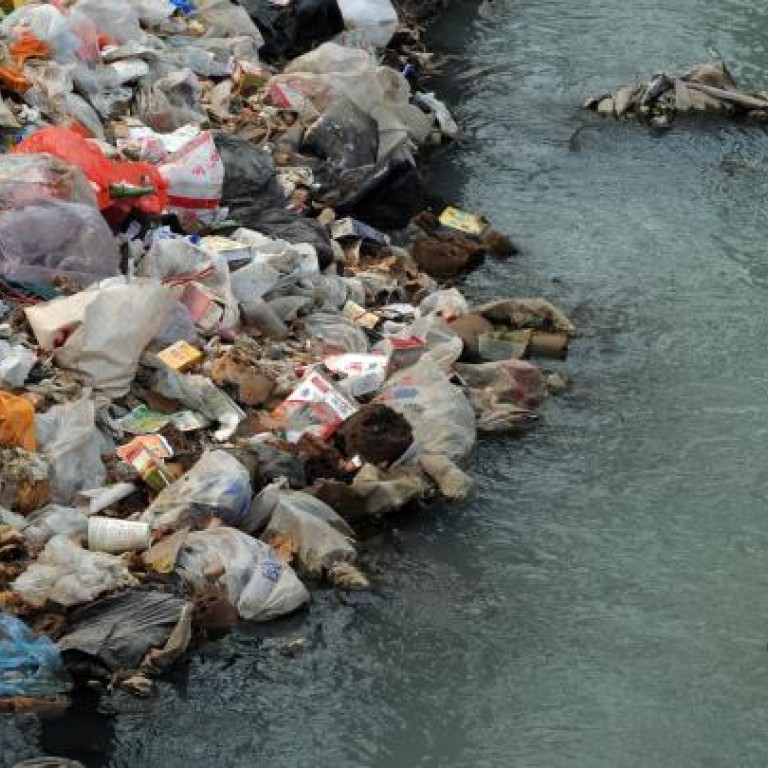
Pollution in China affects more than 50pc of underground water
China Central Television reported that 55 per cent of the underground water of Chinese cities is rated level four or five on Thursday, quoting a study by the Ministry of Land and Resources.
China Central Television reported that 55 per cent of the underground water of Chinese cities is rated level four or five on Thursday, quoting a study by the Ministry of Land and Resources.
The programme about environmental protection said the data underscored the country’s continuously increasing water pollution plight. In recent years, residents in a number of areas in China have encountered water pollution caused by toxic chemicals, resulting in so-called “cancer villages”, the programme said.
(Video: CCTV)
Wang Canfa, head of the Environmental and Natural Resources Law Research Institute under the China University of Political Science and Law, said government investment in environmental protection has not caught up with the country’s rapid economic development over the past few decades.
“We need to allocate at least 2.5 per cent or 3 per cent of GDP to environmental protection in order to see positive results. But so far, only 1.6 per cent has been invested,” Wang told CCTV.
Liu Junmin, deputy director at the Research Institute for Fiscal Science, said the lack of clarity of division of responsibilities on treating environmental issues between the environmental protection ministry and water resources ministry hindered government efforts.
Water pollution came under the spotlight this week when local residents in Zhejiang challenged environmental officials to swim in polluted rivers.
This unique way to raise public attention reflected public discontent over authorities’ inaction in the matter, an expert said.

